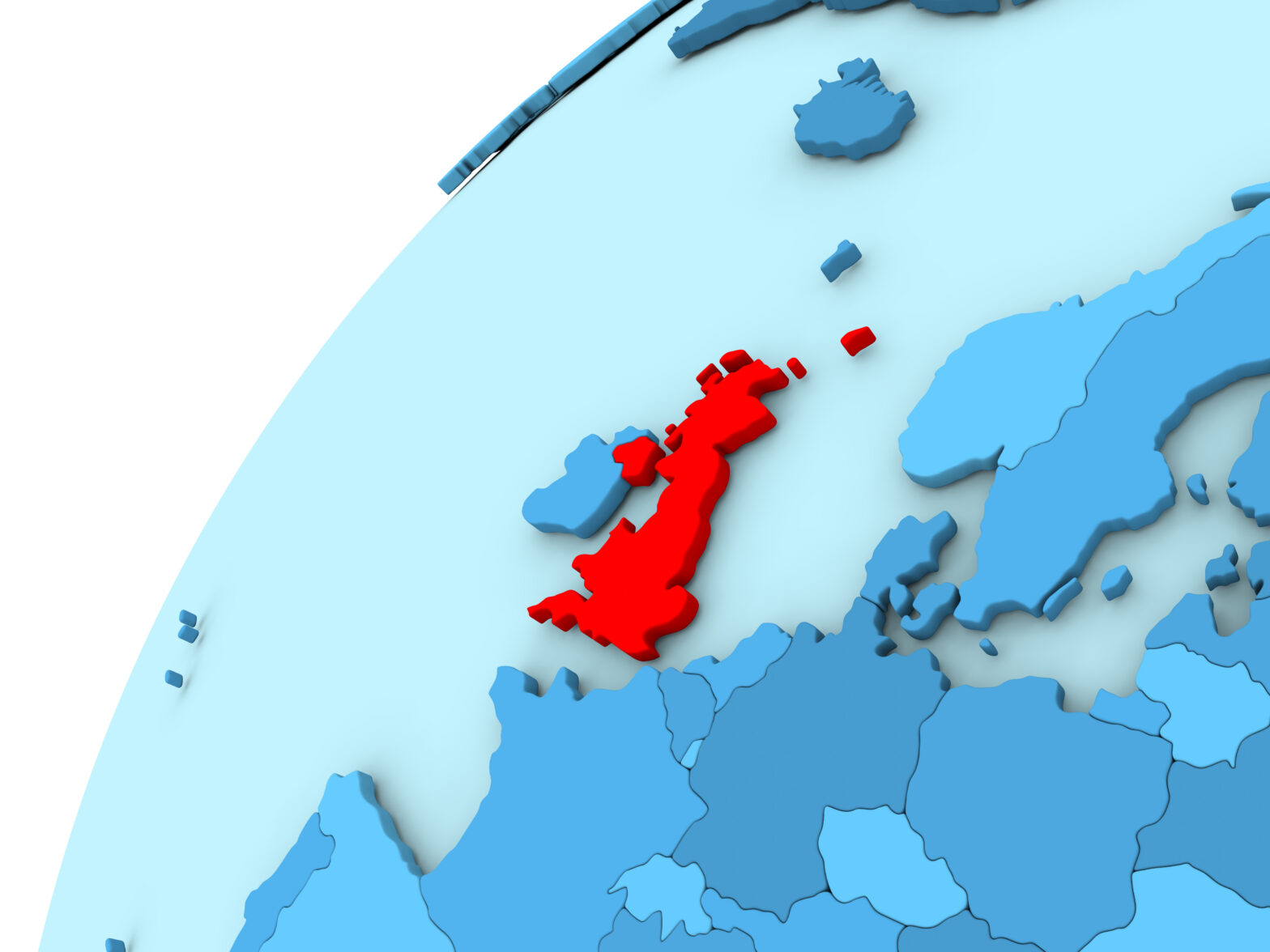Technology has always bought with it a great potential for positive change in society. Internet innovation can make our lives easier, safer and more enjoyable. In my role, I’m lucky to get a unique insight into the pace of this change and the drivers behind it through our annual Nominet Internet Awards. Each year, we seek out and showcase the best of the British internet – from big business to the tiniest start-up. The results are always interesting, and often inspiring.
The government is currently placing a strong emphasis on technological innovation, with investment in initiatives like Tech City, which aims to make the UK the digital capital of Europe. So far, it seems to be on track to success. At the end of last year, a Government report highlighted the rapid growth of Tech City since its creation just over three years ago, and its contribution to economic growth. The government also announced further schemes to encourage this growth, including the Exceptional Talent visa, which allows individuals with a proven track record in developing successful technology businesses or new innovations to live in the UK – boosting the tech industry’s talent pool.
Building on a strong foundation
The digital economy already contributes a hefty 8% to UK GDP, more than any other G20 nation. It's one of our biggest competitive advantages as a country, and a powerful fertiliser for encouraging the green shoots of the economy. However, if we are going to compete with growing tech hubs around the world, such as Israel's 'Silicon Wadi' or Berlin’s 'Silicon Allee', then we need to craft a solid platform for a future digital economy. To do this, we need be open to new and creative ideas and ensure we have supportive policies in place.
> See also: Making the Internet of Things a business reality
Some have argued that India’s rise to technology prominence – from a skills perspective, if not an infrastructure one – is due to its investments in IT education 30 years ago. So it’s encouraging to see that a number of last year's Nominet Internet Awards winners are taking steps to address our future digital skills needs. One of the key themes to emerge this year is paving the way for a better future through technology.
Inspiring the next generation
At a grassroots level, start-ups are working to develop the tech skills of the next generation. Techmums, for example, provides workshops to build mums’ confidence and knowledge around technology, so they can support their children in making important decisions – whether it’s what subjects to take at GCSE or A-Level, or which career paths to follow. This project recognises how important mums are when it comes to influencing their children’s future choices. By inspiring them, it aims to help more children retain an interest in technology.
Another project, the eCadets scheme, encourages 13-18 year olds to take a leading role in online safety within their schools. Given that children seek out support and advice from friends when they have a question or problem, eCadets believes that children are the best mentors for other children at school when it comes to being safe online. The ultimate aim is for young people to consider from an early age how the internet can affect us – whether for better or worse – and be inspired to help make it a better place.
The internet avoids the need to reinvent the wheel
The internet brings people together who might otherwise never interact. As a result, it helps us do things more easily, more quickly, or in ways we thought weren’t possible. Online collaboration technology has brought together brainpower in many ways, with the scientific world a key case in point.
A great example is Overleaf, a new collaborative science publication system which makes the process of writing and editing scientific papers much quicker for both authors and publishers. It sounds like a simple idea, but the cumulative results could be significant. Essentially this project is about making science and R&D move faster, while being more open and transparent. If the internet can speed up scientific developments and flatten the playing field when it comes to research and access, then we could all benefit.
> See also: How Barclays is restoring banking trust with innovation
Elsewhere in the scientific field, Cancer Research is harnessing the power of the web surfing public to help in its research. Its Citizen Science programme has built a number of fun games and apps which make use of real data. Analysing data quickly can be quite labour intensive as much of it needs to be done by the human eye, but Cancer Research found it can speed things up by crowdsourcing data analysis through gamified research tools. By playing the games, people are actively contributing to cancer data analysis, leading to more accurate results and potentially speeding up the development of new treatments.
Collaborative technology can also support democracy. Another Nominet Internet Award winner, Informed Solutions, produced a Digital Consultation Portal to support the process of reviewing proposed electoral boundaries. By replacing the paper-driven, resource intensive and expensive consultation, it creates a faster, more efficient process. The method could easily be applied to other areas of policy to improve engagement and turnout.
So, whether the internet is being used to educate, collaborate, or simply experiment with different ways of doing things, projects like these show that the UK has the entrepreneurial spirit needed to be a prominent tech force worldwide. Government and industry need to work together to encourage home-grown innovation – by building the skills of the next generation through education, supporting industry schemes and making capital readily available for promising start-ups country-wide. Widespread recognition of the importance of technology to future success is a promising start, and we need to continue investing in, enabling and celebrating the grassroots initiatives that may just be the start of something big.
Sourced from Simon McCalla, chief technology officer at Nominet







